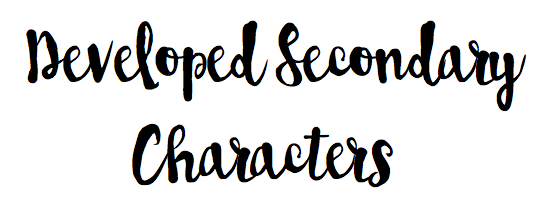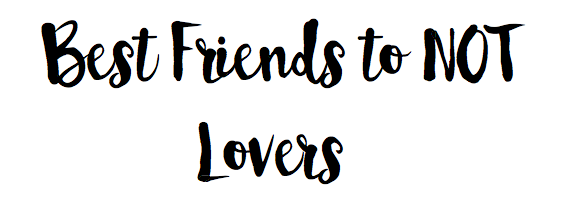If you didn’t know (although most of you do) writing reviews is probably the most time consuming aspect of maintaining a book review blog. I love it, don’t get me wrong, but lately I’ve been feeling a little confined by the typical review format and having been researching and brainstorming some ideas for informal review styles. I ended up with three new “features” that will be rolled out in the coming months, but the first one that I want to introduce to you all today is “Regarding This Read”. Right now I’m still figuring out how I’m going to format and organize the posts, so it might not look exactly the same in the future. Honestly, it’s possible that no two of them will ever be the same! Regardless, I’m really excited to talk to you all today about Tell Me Again How a Crush Should Feel by Sara Farizan.
First of all, Tell Me Again How a Crush Should Feel is easy to hold. Even in hardback form, the stature of the book is so short that it honestly fits perfectly in my child sized hands. Sometimes those big books get hard (I’m looking at you ACOTAR) but this one is just simple. It’s smallness also makes it the perfect commute book, so just throw it in your bag and read while you’re on your way to class, or before class, or during class (if that’s your style). I imagine it’s pretty quick to stow away as well. 🙂
I love bold writers. And we need bold a lot in YA, especially if we’re going to gain any street cred with the snobby lit majors of the world. I’m a huge fan of Farizan’s other novel If You Could Be Mine which handles a myriad of controversial topics in such an eloquent and productive way. If you’re a little iffy about Tell Me Again How a Crush Should Feel, read If You Could Be Mine to convince you.
If I could just shout this over and over to the world to make it heard, I would. We really do need diverse books, and I’m a strong believer that Farizan’s work is the perfect example of the sort of content that people are looking for. Iran and Iranian culture is not something that is often touched on in detail in American schools, so if you are not exposed to the culture via friends/your own interest, you don’t really get exposed it it. I appreciate so much of what I learned, because learning about other cultures is important. I always strive to be a socially aware, global citizen. This is a step in the right direction.
This goes along with the #weneeddiversebooks, but I felt as though it deserved it’s own note because of just how well the lesbian representation was handled in this book (in my opinion). Sadly, in the modern LGBTQA+ society, the struggles of coming out are still incredibly prevalent, and it is an issue that manages to transcend race, gender, and age. I love how poignantly Farizan captured these teenage emotions, and prepared them in such a realistic way. So perhaps it was the portrayal of lesbians and lesbian relationships in this book that I adored so much! 🙂
One thing that I’ve found in a lot of YA contemporaries as of late is that we have this lack of family! Absent parent syndrome? I suppose that authors are tapping into the “rebellion” and also feeding off of the logistical aspect of, “no parent would ever let this happen”, but for most teenagers parents and an intense family dynamic, positive or not, is a prevalent part in their lives. Leila’s character is constantly interacting with her parents and her sister, and their roles in her life effect her character and her decisions.
Having developed secondary character’s is one of the most make or break aspects (for me) in a novel. I’ve go to tell you, Farizan really hit it home with this one. Leila is a character with a lot of friends, a lot of different people that she interacts with throughout the novel. And there isn’t a single one of them that I felt like I didn’t know enough for them to play their role in the novel. I don’t want to go into too much detail, but perhaps one of my favorite parts of this aspect of the novel was how well Farizan had Leila’s preconceptions about these various people smashed. Leila has a lot of personal growth, but those around her are not stagnant either.
This one will be a little brief as to not spoil anything, but I just want to iterate how satisfying to have a trope not fulfilled in a novel. And this is a trope that I loath, so thank Farizan for not letting it happen.
And lastly, I’m a theater geek, and if you are one too then Tell Me Again How a Crush Should Feel is most certainly the book for you. I loved the way that theater was casually incorporated into the novel without becoming the main plot, but still prevalent enough in the characters lives that it was mentioned frequently. The style and execution of this really reminded me of Simon Vs The Homo Sapiens Agenda so if that worked well for you, this one will too.
So…. how did this post go? Is this an interesting style? Something that you’d like to see more of? I’d love comments and feedback as I work to diversify my blog in the coming months.











Leave a Reply